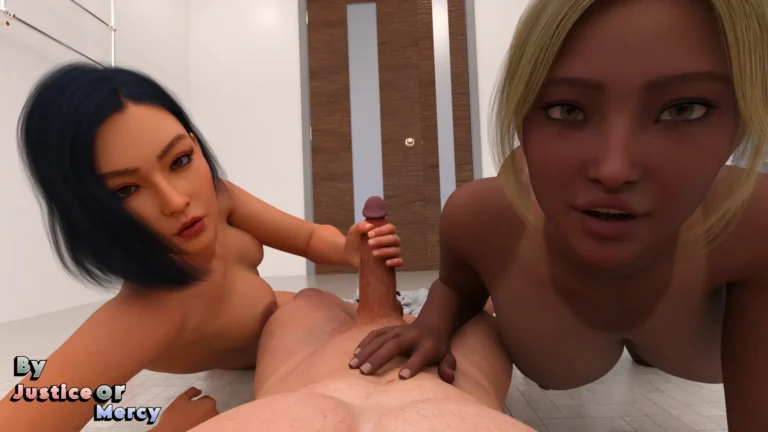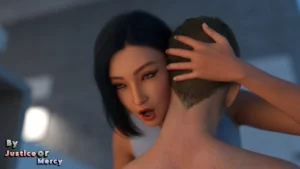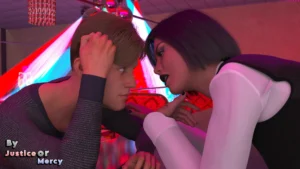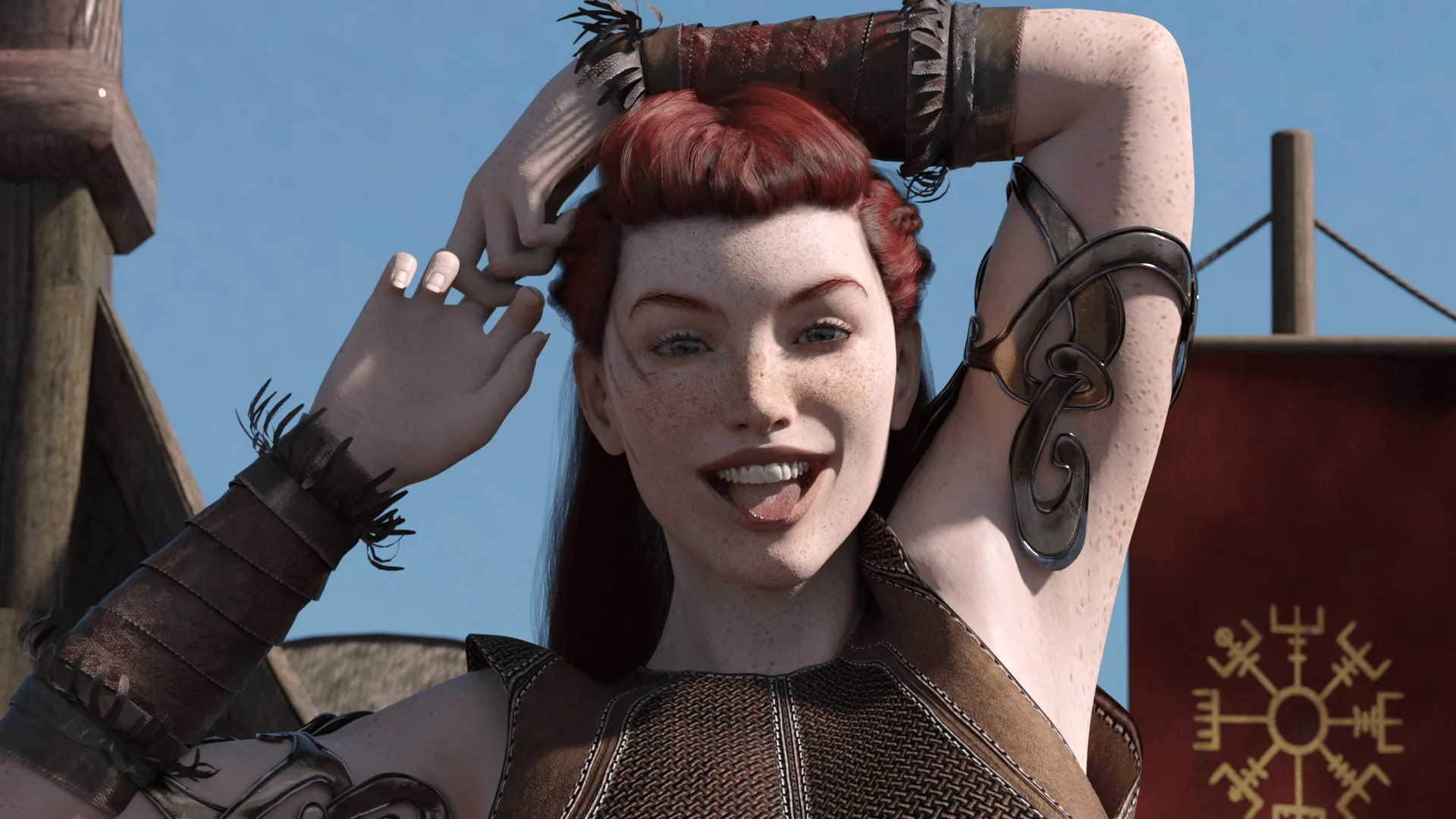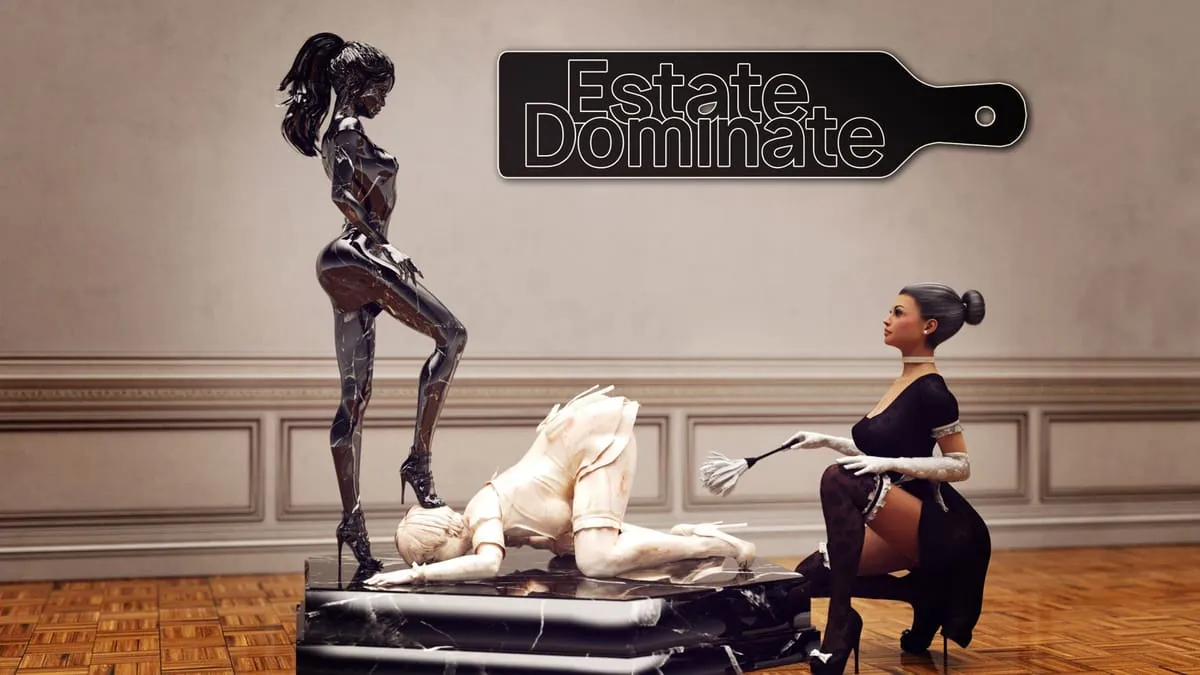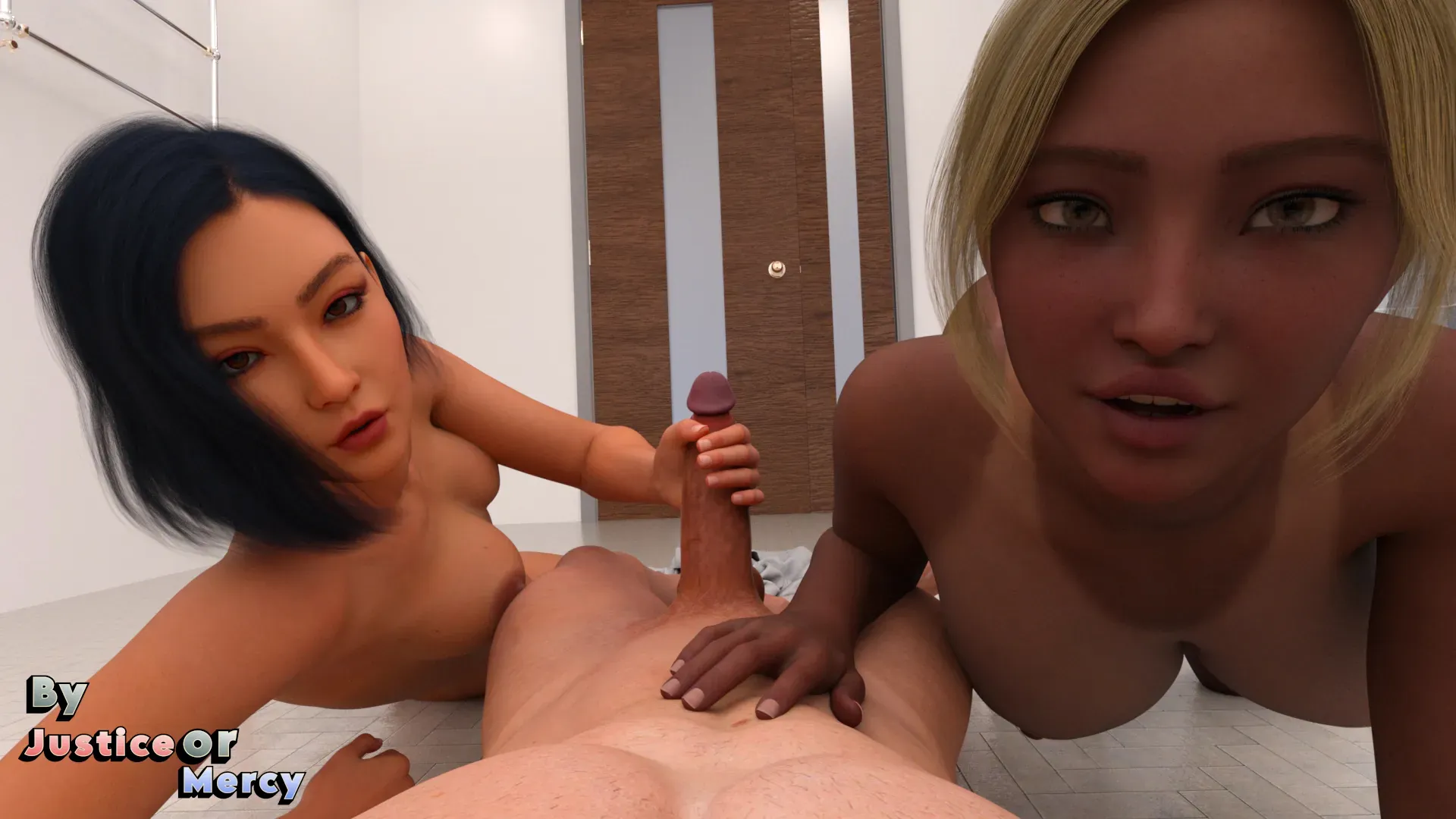
By Justice or Mercy
Play By Justice or Mercy
By Justice or Mercy review
A Deep Dive into the Game’s Moral Themes and Gameplay
In ‘By Justice or Mercy’, players embark on a journey that challenges their moral compass, navigating a world where every decision impacts the story’s progression. This game offers a unique blend of strategic combat, psychological manipulation, and character development, all set against a backdrop of justice and mercy. Let’s delve into what makes this game so compelling.
Narrative and Character Development
Let me tell you about the first time I realized my words in “By Justice or Mercy” carried real weight. 🎮 I was trying to calm a tense standoff between city guards and a desperate group of refugees. I chose a dialogue option I thought was reasonable, a middle-ground approach. To my shock, the leader of the refugees took my words as a betrayal and attacked the guards, leading to a bloody skirmish I couldn’t stop. My screen literally flickered with a new notification: “The District of Oakhaven is now under martial law.” My “reasonable” choice had permanent, devastating consequences. This is the heart of the game’s brilliant choice-driven narrative—your decisions aren’t just flavor text; they are the primary tools for story progression.
The Impact of Choices on the Storyline
In most games, choices feel like selecting different colored doors that all lead to the same room. “By Justice or Mercy” shatters that illusion. 🚪 The game’s player choice impact is profound, creating a narrative tapestry that is uniquely yours. The central mechanic isn’t about leveling up a sword skill; it’s about leveling up your influence over the world. Every conversation, every spared life, and every harsh judgment sends ripples through the plot, often in ways you can’t possibly predict.
Your journey as the Arbiter is defined by these forks in the road. The game masterfully avoids a simple “good vs. evil” binary. Instead, you’re constantly weighing practical outcomes against philosophical ideals. Will you allow a known informant to go free to maintain your cover within a criminal syndicate? The immediate benefit is clear, but the long-term erosion of trust with your allies is a hidden cost. This is where the choice-driven narrative truly shines, forcing you to live with the unintended outcomes of your well-intentioned plans.
Pro Tip: Don’t reload a save after a “bad” outcome! Some of the most compelling and emotionally resonant story moments come from dealing with the fallout of your mistakes. It makes your personal story feel genuinely earned.
Example: Early on, you investigate a smuggling ring. You can choose to:
* Bring in the ringleader for a public trial (Justice), gaining favor with the city council but making you a target for the underworld.
* Force the ringleader to work for you as a double agent (Mercy), giving you invaluable underworld intelligence but compromising your moral standing.
I chose the double agent route. It seemed clever! But hours later, that same informant was cornered and, to save himself, gave up the location of one of my closest allies, who was subsequently captured. The game didn’t just tell me my choice had consequences; it made me feel them in my gut. 😥 This direct link between action and reaction is the core of its masterful story progression.
| Your Choice | Immediate Story Consequence | Long-Term World Impact |
|---|---|---|
| Spare a Defeated Rival | Gain a potential ally or a recurring threat. | Unlocks new dialogue trees and quest branches focused on redemption. |
| Execute a Corrupt Official | Instant justice and a boost to your “Justice” alignment. | Other corrupt officials go deeper into hiding, making them harder to root out. |
| Redirect Resources to the Poor | Immediate popularity with the common folk. | The city guard becomes underfunded and less effective, leading to more crime in certain districts. |
Building Relationships and Alliances
Your companions and contacts in “By Justice or Mercy” are not just quest-givers or combat bots; they are a living jury for your actions. 🤝 Your character development as the Arbiter is mirrored in how your relationships evolve. Each major character has their own moral compass, and they will openly challenge your decisions, support you, or even abandon your cause based on your chosen path.
I learned this the hard way with Kaelen, my staunch, by-the-book captain of the guard. After I showed repeated “mercy” to criminals he believed deserved punishment, our relationship soured. He started questioning my orders in front of other soldiers, and eventually, during a critical city defense mission, he and his contingent were “conveniently” delayed, leaving my forces vulnerable. The game had effectively given him agency, and my choices had cost me my most loyal warrior. 💔
This system encourages incredible replayability. On a second playthrough, I focused on building a strong alliance with the scholarly Archivists. This opened up entirely new solutions to problems, like using historical precedents to legally outmaneuver my political opponents instead of fighting them. The character development you foster in others directly translates to new gameplay opportunities and narrative avenues.
Moral Alignment and Its Consequences
“Forget a simple meter in the corner of the screen. Your moral alignment in ‘By Justice or Mercy’ is written in the world itself, on the faces of its people, and in the architecture of its streets.” This was the best piece of advice I got before playing, and it’s absolutely true. 👁️
The game tracks your tendencies, but it doesn’t label you “Good” or “Evil.” Instead, you build a reputation. NPCs will react to you differently based on your past deeds. A merchant whose brother you spared might give you a discount, while a guard whose partner was killed by a criminal you let go might spit at your feet. Your moral alignment is a living, breathing entity.
The most fascinating aspect is the “Corruption” system, which isn’t about being evil, but about the slow compromise of your ideals for the “greater good.” When you start making ruthless, pragmatic choices—even if your end goal is noble—the game world becomes darker, more cynical. Music shifts, color palettes desaturate, and your own character’s dialogue options begin to reflect a weary, hardened individual. This is character development at its most sophisticated, showing how the weight of power changes a person.
The ultimate player choice impact is on the game’s finale. The ending isn’t a single choice at the end; it’s the culmination of hundreds of small decisions about justice, mercy, and power. Will you create a peaceful but stagnant utopia, a ruthless but efficient dictatorship, or something in between? The answer is written in every relationship you’ve built and every life you’ve altered. Your story progression is, from beginning to end, a testament to the person you chose to become. 👑
In conclusion, ‘By Justice or Mercy’ offers a rich and immersive experience that challenges players to navigate complex moral dilemmas and strategic gameplay. By understanding the impact of player choices and mastering the game’s mechanics, players can explore the depths of justice and mercy in a compelling narrative. If you’re interested in a game that tests your moral fiber and strategic thinking, ‘By Justice or Mercy’ is certainly worth exploring.
